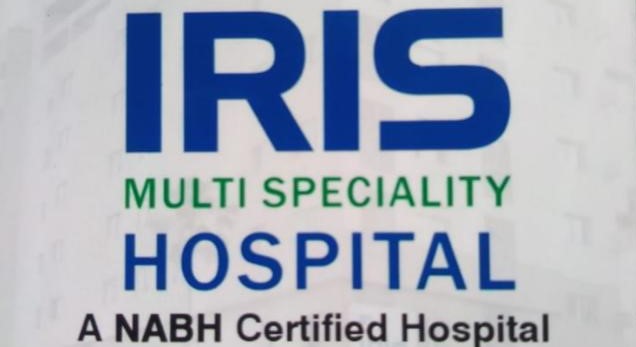Our Treatments
seizures
- Comprehensive evaluation and diagnosis of seizures to determine the underlying cause and appropriate treatment approach.
- Individualized treatment plans tailored to the specific type of seizure disorder, including medication management, lifestyle modifications, and seizure precautions.
- Close monitoring and follow-up to assess treatment response, adjust medications as needed, and minimize seizure frequency and severity.
hypoglycemia
- Thorough assessment to identify the underlying cause of hypoglycemia, whether due to diabetes, medication side effects, or other medical conditions.
- Customized treatment plans focused on stabilizing blood sugar levels through dietary modifications, medication adjustments, and lifestyle changes.
- Education on recognizing early signs and symptoms of hypoglycemia, appropriate glucose monitoring techniques, and strategies for preventing future episodes.
hypothyroidism
- Comprehensive evaluation and diagnosis of hypothyroidism to determine thyroid hormone levels and underlying causes, such as autoimmune thyroiditis or iodine deficiency.
- Individualized treatment plans tailored to restore thyroid hormone levels to normal through hormone replacement therapy and medication management.
- Regular monitoring of thyroid function tests to assess treatment response, adjust medication dosages as needed, and optimize thyroid hormone levels.
meningitis
- Prompt evaluation and diagnosis of meningitis to determine the underlying cause, whether bacterial, viral, or fungal, through thorough physical examination and diagnostic tests.
- Individualized treatment plans tailored to the specific type and severity of meningitis, including antibiotic or antiviral therapy, supportive care, and management of complications such as brain swelling.
- Close monitoring of vital signs, neurological status, and response to treatment to ensure timely intervention and optimal outcomes.
sepsis
- Early recognition and diagnosis of sepsis through comprehensive assessment, including laboratory tests, imaging studies, and clinical evaluation.
- Immediate initiation of appropriate treatment protocols, including intravenous antibiotics, fluid resuscitation, and supportive care, to address the underlying infection and prevent further organ dysfunction.
- Intensive monitoring of vital signs, fluid balance, and laboratory parameters to guide treatment adjustments and ensure adequate response to therapy.
jaundice
- Comprehensive evaluation and diagnosis of jaundice to determine the underlying cause, whether due to liver dysfunction, bile duct obstruction, or hemolytic disorders, through thorough medical history and diagnostic tests.
- Tailored treatment plans aimed at addressing the specific etiology of jaundice, such as medication adjustments, liver support therapy, or surgical interventions for bile duct obstruction.
- Regular monitoring of bilirubin levels, liver function tests, and clinical symptoms to track disease progression, evaluate treatment efficacy, and prevent complications.


